Strange Fruit, written by Abal Meeropol (Lewis Allen, pseudo).
Used by permission of Edward B. Marks Music Company.
2012 by the Board of Trustees
of the University of Illinois
All rights reserved
Manufactured in the United States of America
C 5 4 3 2 1

This book is printed on acid-free paper.
Library of Congress Cataloging-in-Publication Data
Flood, Dawn Rae.
Rape in Chicago : race, myth, and the courts / Dawn Rae Flood.
p. cm. (Women in American history)
Includes bibliographical references and index.
ISBN 978-0-252-03689-7 (cloth)
1. RapeIllinoisChicagoHistory.
2. RapePublic opinionHistory.
3. Rape victimsIllinoisChicago.
4. African AmericansSexual behaviorIllinoisChicago.
5. Discrimination in criminal justice administrationIllinoisChicago.
I. Title.
HV6568.C4F56 2012
364.15320977311dc23 2011044551
Acknowledgments
After more than a decade of research and writing on the topic of rape myths and rape trials in a modern city, I assumed that I would feel great satisfaction in finally sitting down to acknowledge those who have helped me along the way. Instead, I find myself overwhelmed by thinking about the widespread encouragement that I have received over the years and am nearly paralyzed in trying here to recount it all. I shall do my best.
No scholarly research would ever be completed without financial support, and I am fortunate to be able to thank several sources. The American Historical Association Littleton-Griswold Award for Legal History and the King V. Hostick Award for Illinois History at the Illinois State Historical Society supported early stages of the research presented here. Both the Department of History and the Gender and Womens Studies Program at the University of Illinois at Urbana-Champaign provided funding to help offset the costs of research and conference travel, and I am grateful that they were able to help get me started. The Social Science Research Councils Sexuality Research Fellowship Program, funded by the Ford Foundation, provided significant financial support, allowing me to take a year off from other duties and concentrate on thinking and writing. The SRFP also put me in contact with a broad array of scholars whose research on sexuality has inspired me in countless ways, and I cherish the friendships I made as a result. Support from the Presidents Research Fund at Campion College at the University of Regina allowed me to return to Chicago and get back into the archives after several years away. Subvention funds from the Humanities Research Institute at the University of Regina aided in the final production of this manuscript.
. Thank you to Laurie Matheson at the University of Illinois Press, whose confidence in this project and whose patience with my many questions has helped the book come to fruition. Thank you as well to Lisa Lindquist Dorr and the anonymous reviewers for the press, who took the time to offer thoughtful comments and critiques about this work. While certainly rewarding for everyone involved, the voluntary peer-review process can be a thankless task, and I very much appreciate the extensive efforts put forth by those who agreed to review this manuscript. For their support in the copyediting and production stages of publication, thank you to Julie Gay and Jennifer Clark. In these shrinking budgetary times, it is a pleasure to work with a scholarly press that takes such good care of its authors. Thank you to Katherine Jensen for her work on preparing the index.
Not all sources of encouragement and critique have been anonymous or distant. My Canadian colleagues have offered keen support for this foreign topic, and I would especially like to thank those who listened to and remarked on portions of it presented at the University of Regina History Department Colloquia and Campion Colleges Idle Talk Series. Special thanks to Jeet Heer for reading most of this manuscript at an early stage and offering his valuable impressions about it. Several other individuals have also read all or portions of this research, and my work is better for it. Thank you to Leslie Reagan and Liz Pleck for showing me how to do it: without them, I know I would not have been able to start, much less finish, this book. Thank you as well to the many professors at the University of Illinois at Urbana-Champaign whose intellectual curiosity never ended at their own areas of research, especially Mark Leff, David Roediger, Paula Treichler, Adrian Burgos, Dana Rabin, Antoinette Burton, Kristin Hogansen, and Diane Koenker.
Friendships with young scholars that began so many years ago have continued to sustain me, even as our lives have spread us far apart today. I would especially like to thank David Krugler and Elisa Miller, who read this entire manuscript and offered extensive comments that have certainly improved it. Dave has been a constant source of experience and wisdom in all matters academic (and quite a few nonacademic ones), and I am grateful that he is willing to share it with me. Elisa has graciously responded to the many questions that plagued me throughout the long revision process, and she continues to remind me today that these ongoing struggles are worth it. Thank you as well to my sexuality research friends David Johnson and Brian Donovan, who know all too well the trials and tribulations of publishing in this area. Thank you to Lara Stepleman for providing me a southern refuge and a reason to go on holiday and get away from it all at various times over the past decade.
In Chicago, I would like to thank Phil Costello and Jeanne Child at the Clerk of the Circuit Court of Cook County Archives at the Richard J. Daley Center; the staff at the Chicago Historical Society; librarians in the Municipal Reference Collection at the Harold Washington Library Center; and archivists at Northwestern University. I would also like to thank Amy Lewis, whose knowledge of wine and Chicago restaurants made my research visits there much more enjoyable, and whose support for my scholarship means more to me than she likely realizes. For long distance research assistance after I took up residence outside the United States, I owe tremendous thanks to Mike Sherfy and Karen Phoenix. To the many others too numerous to name here, thank you; any failings in this book are entirely my own, although I have tried to do justice to your insights and questions.
The support of family and friends outside of academia has been a remarkable source of inspiration to me over the years. I would especially like to thank my parents, Bud and Jan Flood, who may not have always understood the long process of scholarly publishing, but who have always applauded my attempts at it. Finally, to Jack Mooney, who first introduced me to the city that I now know and love so well, despite the unsettling research topic that drew me there. Thank you for sharing with me your apartment building, your bar, your sailboat, and your friendship. I am fortunate (but not surprised) to have you, and now your lovely wife Marilyn, in my life. I am confident that our connection will continue no matter where we end up, and it is to you that this book is dedicated.


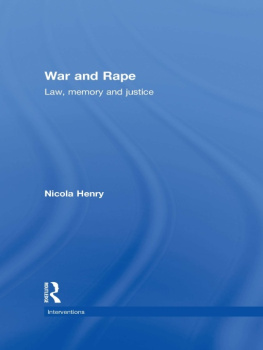

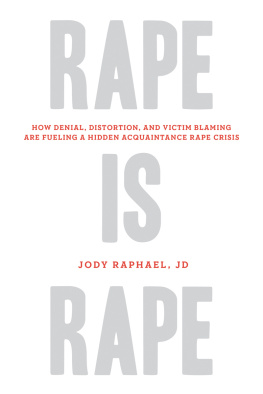
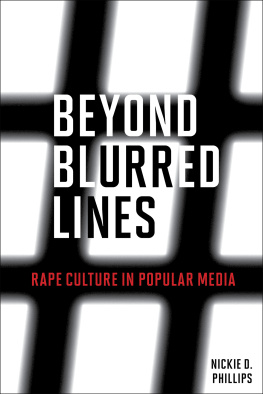
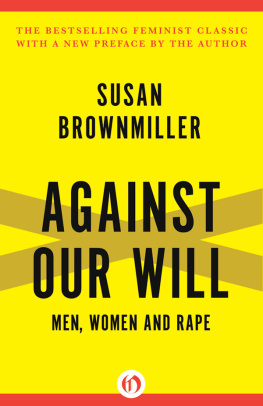
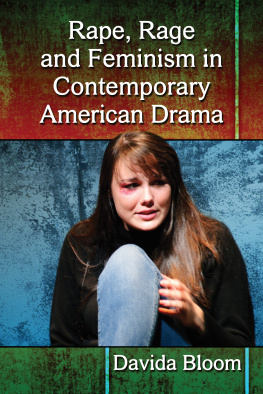
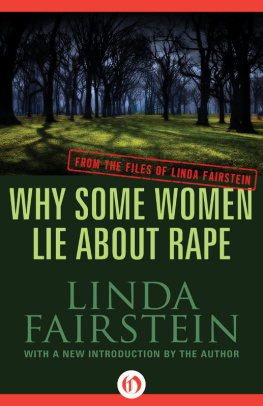

 This book is printed on acid-free paper.
This book is printed on acid-free paper.